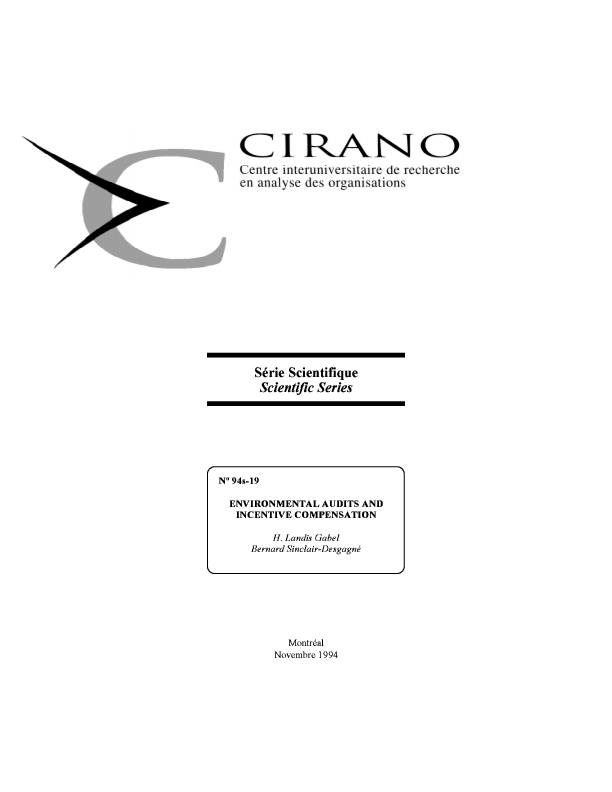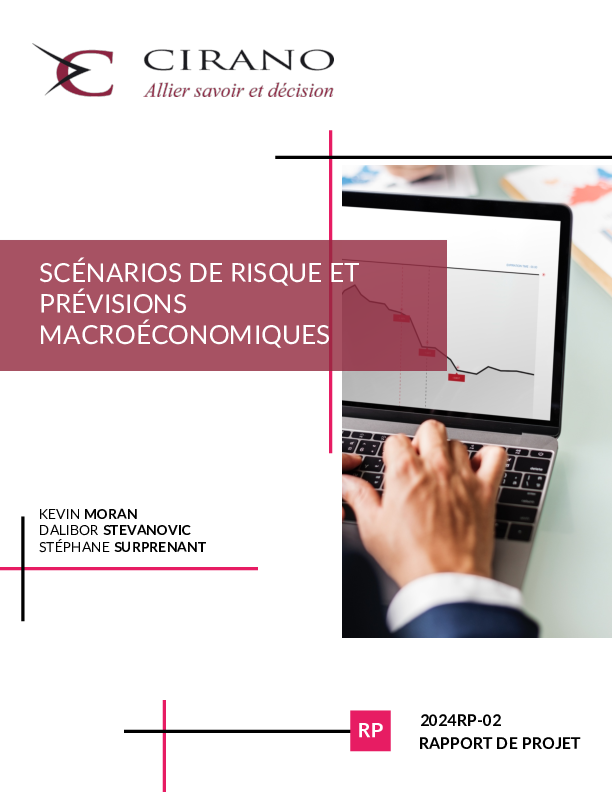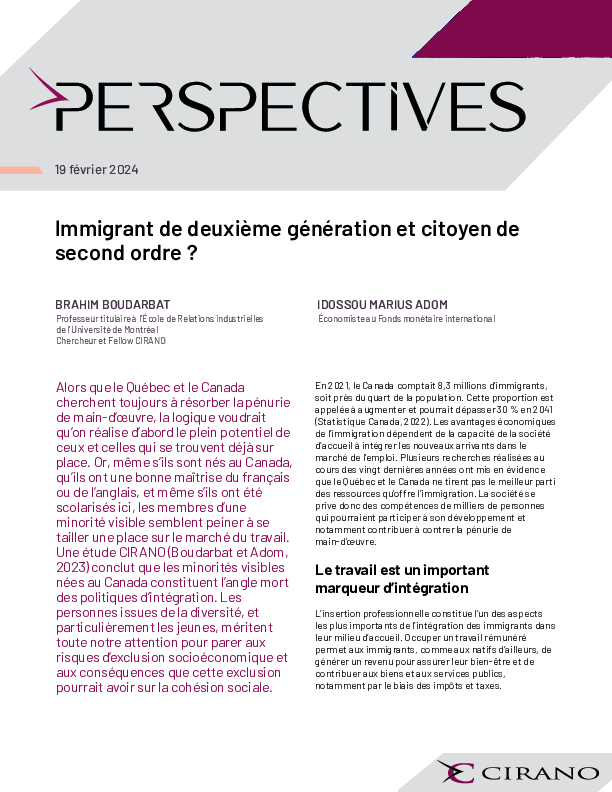Environmental Audits and Incentive Compensation
This paper studies the link between environmental audits and employee compensation. The context is a one-period principal-agent relationship where the agent must allocate effort between financial and environmental tasks. The former are routinely monitored while the latter are audited (at some cost) only under specific circumstances. We find that the optimal wages have a lower mean and greater variance when there is an environmental audit than when there is not. This puts more risk on the agent, so the expected wage ex ante is higher and the agent's effort on the environmental task greater than in a situation with no environmental audits.
[ - ]




